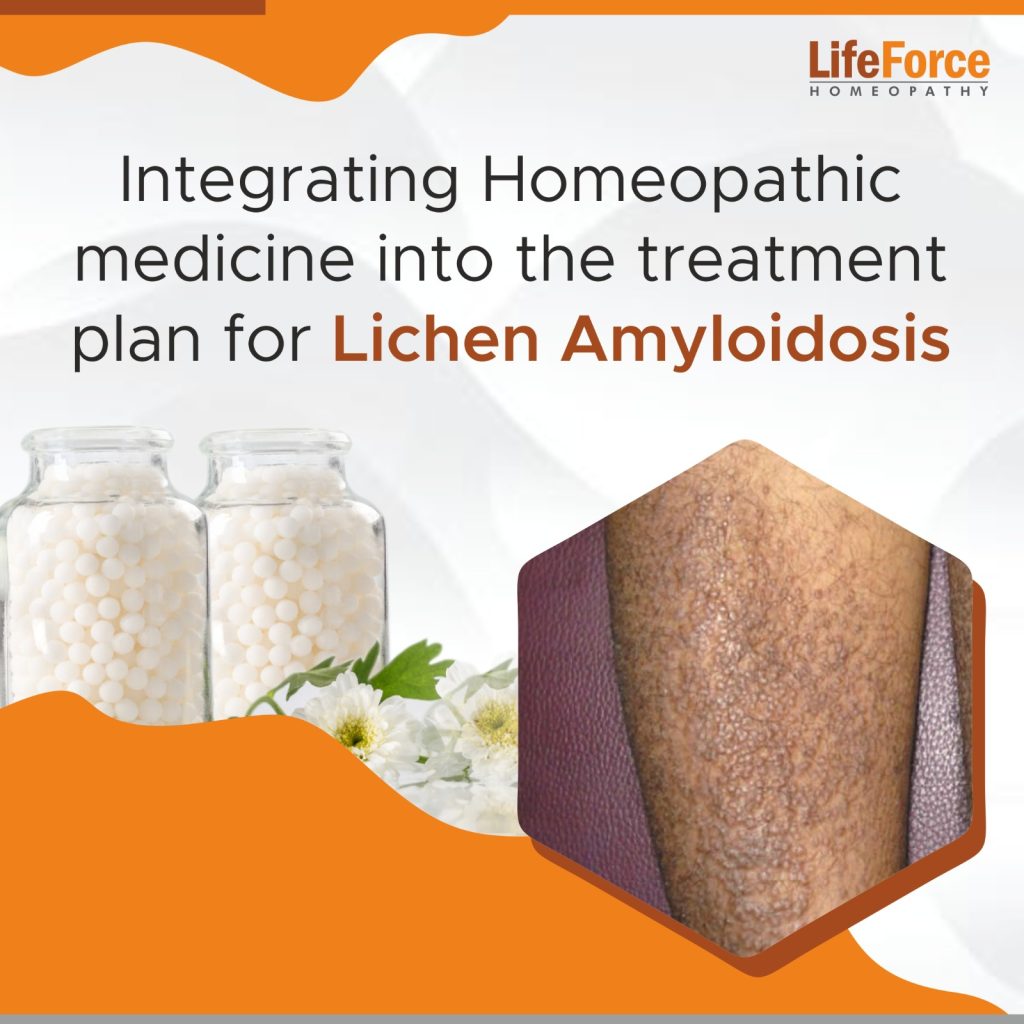With the scientific and technical advancements in the system of Medicine, we have been successful in treating numerous infectious diseases and increase the lifespan of many patients. We are now able to manage grave medical emergencies effectively and with excellence. But, we are still struggling to treat one of the categories of diseases called Autoimmune diseases, apart from Cancer and HIV.
What Is An Autoimmune Disease?
Normally, a healthy immune system can identify foreign antigens (viruses and bacteria) and produce antibodies against them to kill them. However, when our immune system loses its ability to differentiate between foreign invaders (antigens) and its very own healthy body cells, it attacks the healthy cells of the body by considering them as foreign invaders. This is called an Autoimmune disease.
As per the American Autoimmune Related Diseases Association (AARDA), the Americans who suffer from autoimmune ailments are 50 million. Researchers have discovered 80 to 100 various autoimmune ailments and an additional of 40 different ailments are suspected of having an autoimmune foundation. The genetic association of autoimmune diseases explains their prevalence in families. The use of conventional immunosuppressants for treating these diseases produces long term side-effects. Thus, adopting homeopathic treatment, which acts at a deeper level and treats the immune disturbances, is more helpful.
It is indeed distressing to walk out of a doctor’s clinic with a diagnosis of an autoimmune condition. Where we believe that the field of medicine deals with surgeries and medicines largely, we tend to miss the most important role of diet and lifestyle in the management of Autoimmune conditions.
The foods we eat have a major impact on the severity and frequency of autoimmune diseases. Some changes in our diet can help us greatly to control and reduce the flare-ups of autoimmune conditions.
Inflammation is one of the important symptoms of autoimmune diseases, and the typical western diet is associated with inflammation. Let’s see what can be done on our part to prevent the flare-ups of autoimmune diseases.
5 Dietary Tips To Manage Autoimmune Diseases:
- Lowering Your Sugar Intake:
It is difficult for our bodies to handle an excess of sugar, which is particularly more in Western diets. High sugar may result in frequent inflammatory responses which further lead to many health problems. High consumption of fructose i.e. fruit sugars causes lipogenesis (production of new fat cells). It utilizes the ATP molecules and, thus, consumes our energy stores. Excess fructose can also cause insulin resistance and further inflammation. Inflammatory activities are related to autoimmune disease flare-ups as well as they have a role in the development of Autoimmune disease.
Reducing sugar intake can be a little difficult in the beginning but it will help you in the long run.
- Lower Your Alcohol Consumption:
Some researchers state that frequent and large quantities of alcohol consumption lead to increased toxins in the gut. These toxins trigger inflammatory responses landing the patient in chronic inflammation and increase the possibility of developing an autoimmune condition. While some other sources say that alcohol in moderate quantities can protect you against Autoimmune disease, some sources are not able to define a clear relation and say it depends on the type of beverage, age, and gender differences.
We would advise avoiding alcohol as much as possible, if avoiding it completely is not possible, have infrequent consumption of minimum quantity of alcohol. Be careful while choosing your drink. Choose a Low-Alcohol and Low-Sugar drink.
- Avoid Dairy If You & Milk Are Not Friends:
It’s time to think over the sentence ‘Milk is wholesome food.’ which is the most commonly held belief among the people. Every mammal’s digestive system can adapt to its own mother’s milk better than any other. However, humans are the only ones who consume the milk of other mammals (Cow, Buffalo, etc.). This is the reason why most people cannot tolerate milk. It can produce inflammatory responses in many individuals. When our immune system identifies milk or other milk products as an intruder (any foreign substance), it produces an inflammatory response against it. If this happens in a person who is already suffering from autoimmune disease, it can aggravate the disease or produce a flare-up.
The best way to see whether you and milk are friends or not, try avoiding milk for 3 weeks and then start consuming it again. If you find disturbances or reactions (even subtle ones), it is better to Avoid Milk.
You can prefer ghee and clarified butter over milk, as it does not contain lactose (milk sugar) or Casein (milk protein) which are majorly responsible for triggering inflammatory responses.
- Say Bye To Wheat, Barley, & Rye:
There is a high content of inflammatory lectins and phytic acids present in cereals, such as wheat, barley, etc. These chemicals are called anti-nutrient compounds, as they bind the minerals that we consume and deplete our mineral stores. Apart from this, the gluten present in these grains can cause inflammatory responses in some people whose gut is sensitive to gluten. This is called as Coeliac Disease or Gluten Sensitivity Enteropathy.
Avoiding the above grains can reduce the inflammatory responses significantly, thus helping in preventing autoimmune diseases.
- Maintain Your Vitamin D Levels:
Since the beginning, the deficiency of Vitamin D has been associated with several different diseases. Recent studies have shown a relationship between low levels of vitamin D and Autoimmune diseases (Lupus and Multiple Sclerosis). Ongoing research is also hoping to utilize Vitamin D in the treatment and prevention of Autoimmune disease.
Exposing yourself to morning sunlight, daily for at least 15 to 20 minutes, enables you to utilize the freely available form of vitamin D.
Although all these healthy habits and beneficial tips will not treat your autoimmune disease completely, it can surely help you to deal with your disease in a better way, reduce the flare-ups, and prevent the further aggravations. Food is one of the basic energy sources for our body, and it affects our health in many ways. Thus, minor changes in the diet and a little awareness of what we put in our tummies can help us greatly to live a healthy life.






buy lipitor 80mg online buy lipitor 10mg atorvastatin 10mg oral
purchase propecia sale propecia for sale online generic fluconazole
purchase finpecia without prescription propecia for sale diflucan online buy
cipro for sale online – bactrim where to buy buy augmentin 1000mg pills
order ciprofloxacin sale – buy keflex 125mg online buy augmentin 1000mg for sale
baycip for sale – how to get keflex without a prescription buy augmentin 1000mg generic
order ciprofloxacin sale – bactrim 960mg canada augmentin 625mg us
flagyl 200mg us – amoxil oral cheap azithromycin
ciprofloxacin 500 mg price – buy trimox 500mg without prescription
erythromycin price
buy generic ciprofloxacin 500 mg – chloramphenicol pills buy erythromycin paypal
ivermectin for human – buy generic cefuroxime 250mg sumycin 250mg canada
valtrex online – nemasole cheap how to buy acyclovir
ivermectin 3 mg tablets for humans – order sumycin for sale sumycin 250mg cost
order flagyl 400mg sale – buy cefaclor for sale azithromycin medication
acillin generic penicillin price cheap amoxicillin pill
flagyl drug – cefaclor generic generic azithromycin
buy cheap generic ampicillin doxycycline ca purchase amoxicillin
order lasix 40mg sale – prazosin 2mg tablet buy cheap captopril
buy lasix online – tacrolimus 5mg pills order captopril 25mg for sale
glycomet pills – epivir cost buy generic lincocin for sale
buy retrovir 300 mg for sale – buy irbesartan 300mg pills allopurinol order
buy glycomet generic – cefadroxil tablet buy lincocin
zidovudine 300 mg us – buy rulide pills buy zyloprim 300mg sale
clozapine uk – famotidine cost cost famotidine 40mg
clozaril 50mg tablet – buy generic clozaril online famotidine 20mg cheap
seroquel price – eskalith for sale online eskalith tablet
buy clomipramine 25mg generic – doxepin 75mg over the counter sinequan ca
quetiapine pills – bupron SR order online eskalith for sale online
buy atarax 10mg for sale – buy cheap generic amitriptyline buy generic endep
atarax price – nortriptyline 25 mg canada endep 25mg tablet
you are in point of fact a excellent webmaster. The web site loading speed is amazing. It sort of feels that you’re doing any unique trick. Moreover, The contents are masterwork. you have done a wonderful job on this subject!
clavulanate for sale – buy ampicillin pills ciprofloxacin over the counter
buy generic amoxicillin over the counter – order keflex 125mg brand cipro 1000mg
augmentin where to buy – order linezolid 600mg buy ciprofloxacin generic
order generic amoxil – buy cephalexin 500mg online buy cipro generic
clindamycin without prescription – buy cleocin 150mg sale order generic chloromycetin
order zithromax pills – order ofloxacin 200mg online cheap order ciprofloxacin 500mg pills
cleocin online buy – purchase terramycin generic chloramphenicol tablets
azithromycin price – metronidazole 400mg for sale order ciplox pills
buy stromectol europe – purchase doxycycline online cheap cefaclor 250mg for sale
buy albuterol inhaler – buy theo-24 Cr pills order theophylline 400 mg for sale
ivermectin 6 mg tablet – order eryc 500mg without prescription order cefaclor without prescription
order ventolin 2mg generic – buy generic theophylline order theophylline 400 mg online cheap
buy medrol 16mg online – fml-forte order online azelastine 10ml cheap
clarinex ca – ketotifen 1 mg sale order albuterol generic
purchase clarinex – albuterol 2mg inhaler brand ventolin 2mg
depo-medrol buy online – depo-medrol without a doctor prescription order azelastine 10ml online
cost micronase 5mg – order actos 30mg generic order forxiga 10mg generic
micronase for sale – buy actos without prescription forxiga medication
order glycomet 1000mg generic – januvia over the counter precose price
buy prandin 1mg without prescription – prandin medication purchase jardiance without prescription